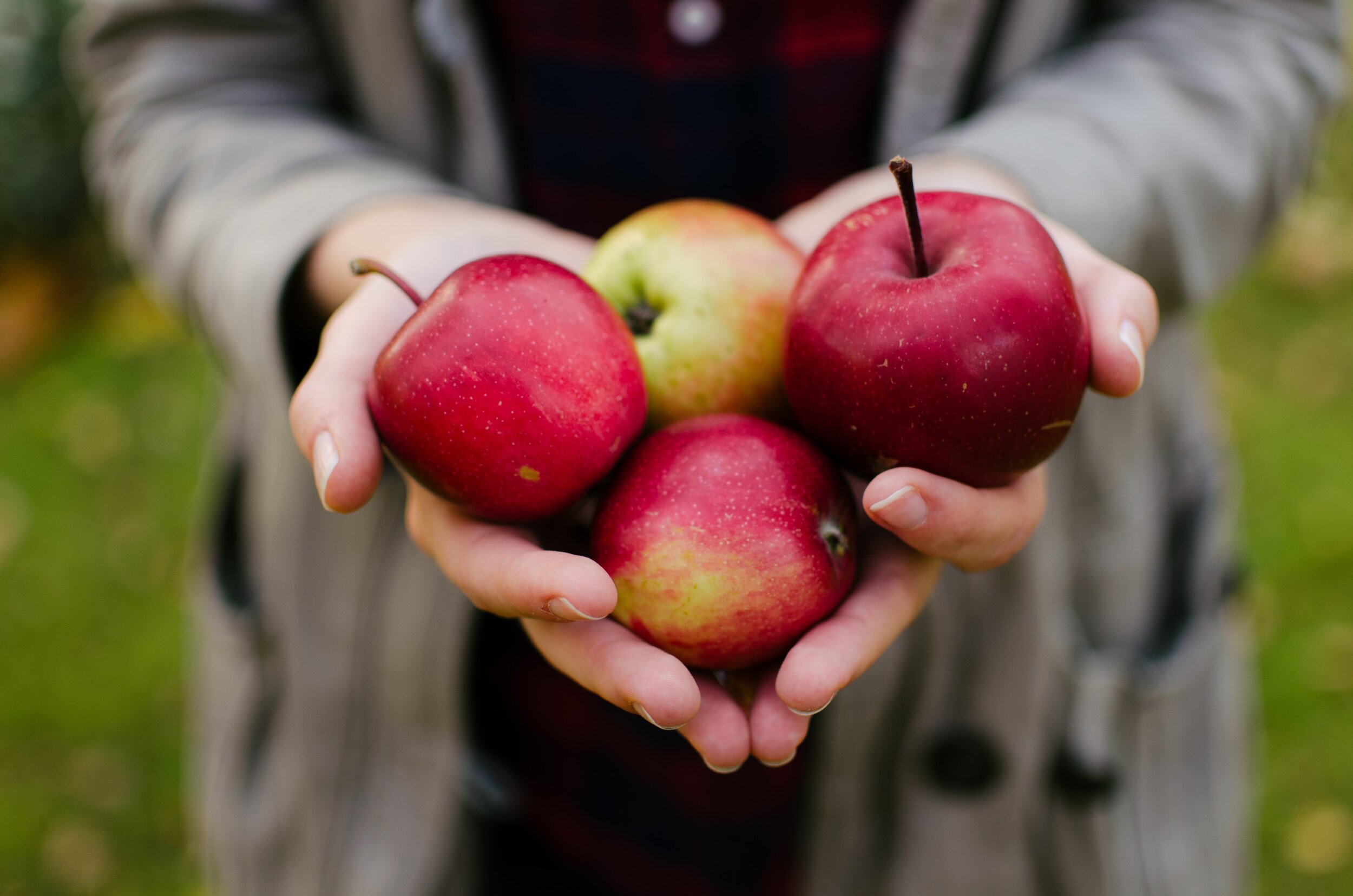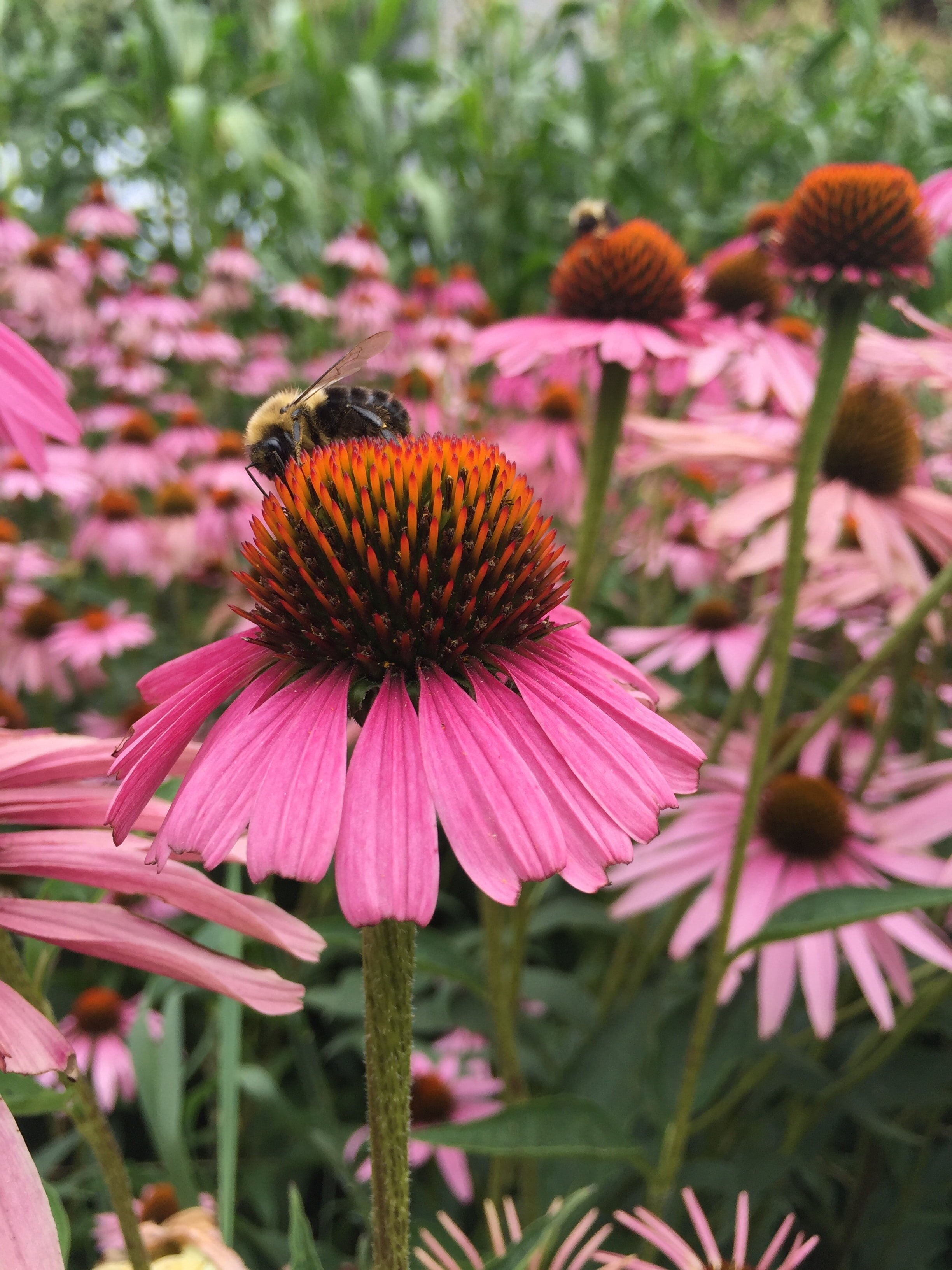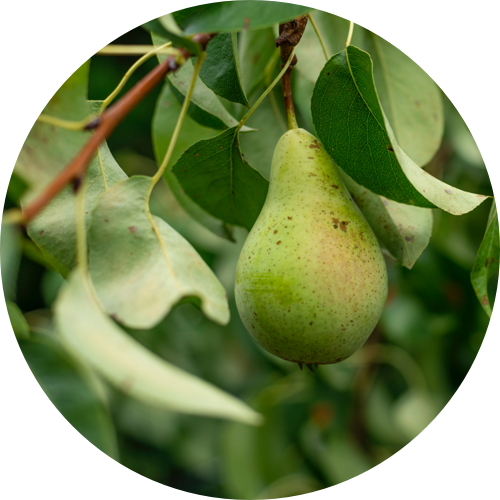
Go beyond veggies.
Add fruit trees & shrubs to your yard this summer.
Make your yard sing
Rethink
Planting trees in your yard is a long-term investment that increases local habitats, property value, energy efficiency, and health.
Rewild
Incorporate layers into your yard by using fruit and nut trees, shrubs, perennial herbs, and ground covers to improve soil health and add biodiversity.
Restore
A diverse yard means less maintenance for you and extra resilience for the local food web. And relax, fruit tree pruning is on us.

Plant more, Minnesota
More of what?
Trees
A healthy over-story with fruit and nut trees can create rich habitat, improve soil health, diversify your yard, and provide year-round interest.
Perennials
These herbaceous vegetables and flowers build solid content with organic material. Though we emphasize perennials, we won’t rule annuals and self-seeding varieties.
Vines
Many varieties of edible grapes and other vines can add depth and color to your landscape. When properly placed and maintained, vines are a great finishing touch to your outdoor space.
Shrubs
Layers of currant, gooseberry, blackberry, chokeberries, and raspberry play an important role in attracting wildlife via flowers and fruits.
Ground covers
From strawberries to leeks, and many other natives, plant ground covers to help with erosion control, moisture loss and to keep “weeds” at bay.
Services
Food forests & edible landscaping
Tree care and removal
Native habitat restoration
Rain and compost systems

Bring the life back to your lot.
How? We’re so glad you asked
Leverage natural systems
Nature has spent thousands of years evolving to handle unique land and water challenges. Biomimicry is efficient because the solutions are tried and true.
Multifunctional designs
We prioritize fruit trees, native plants, and wildflowers because they restore soil health and attract local pollinators and they’re beautiful.
Promote diversity
Diversifying your yard means building resistance against viruses and diseases for you and the entire food chain. Healthy humans depend on healthy soils.
Go beyond vegetable gardens
Do a lot more with a lot less. When you grow your own food, you don’t just eat fresher and healthier foods, you are also saving money and building self-sufficiency.

Ready to level up your yard?
Change is in the air.
“Lawns are the most grown crop in the U.S.—and they're not one that anyone can eat; their primary purpose is to make us look and feel good about ourselves”
















